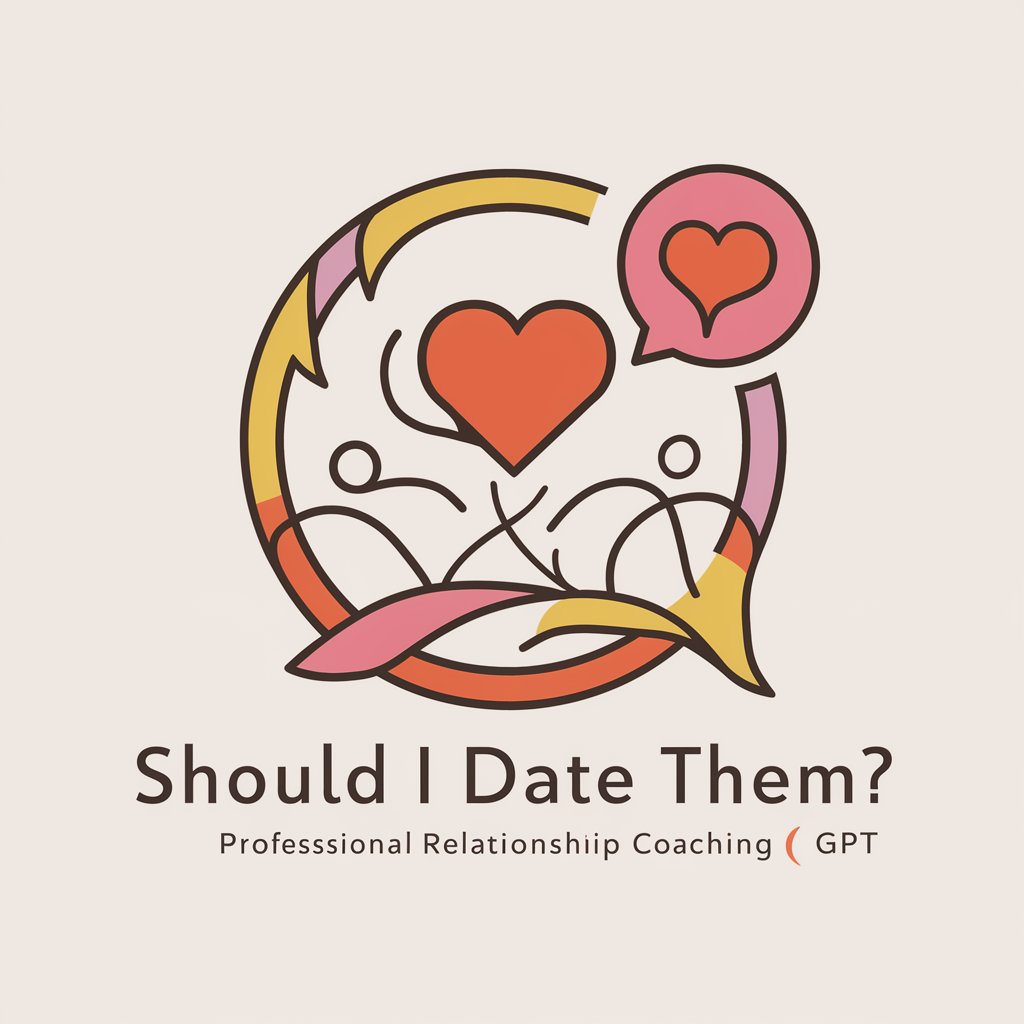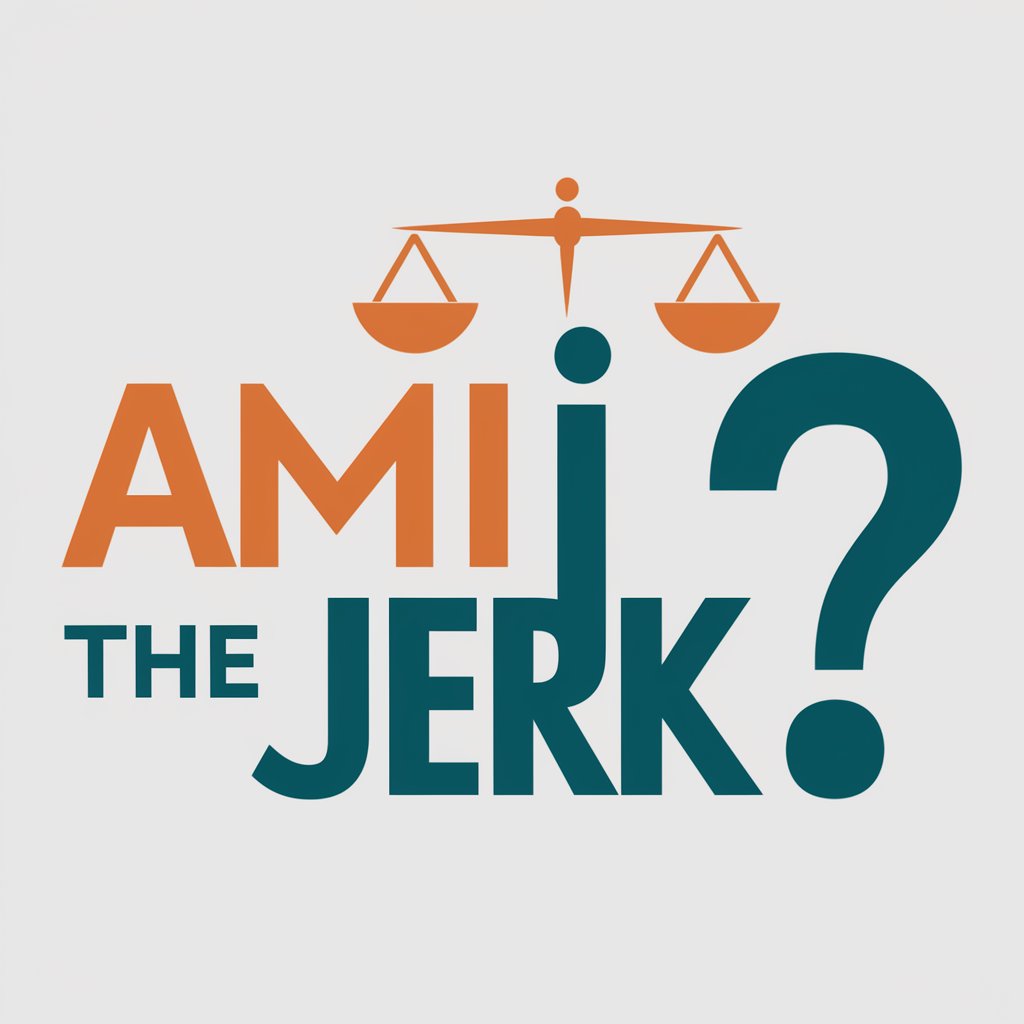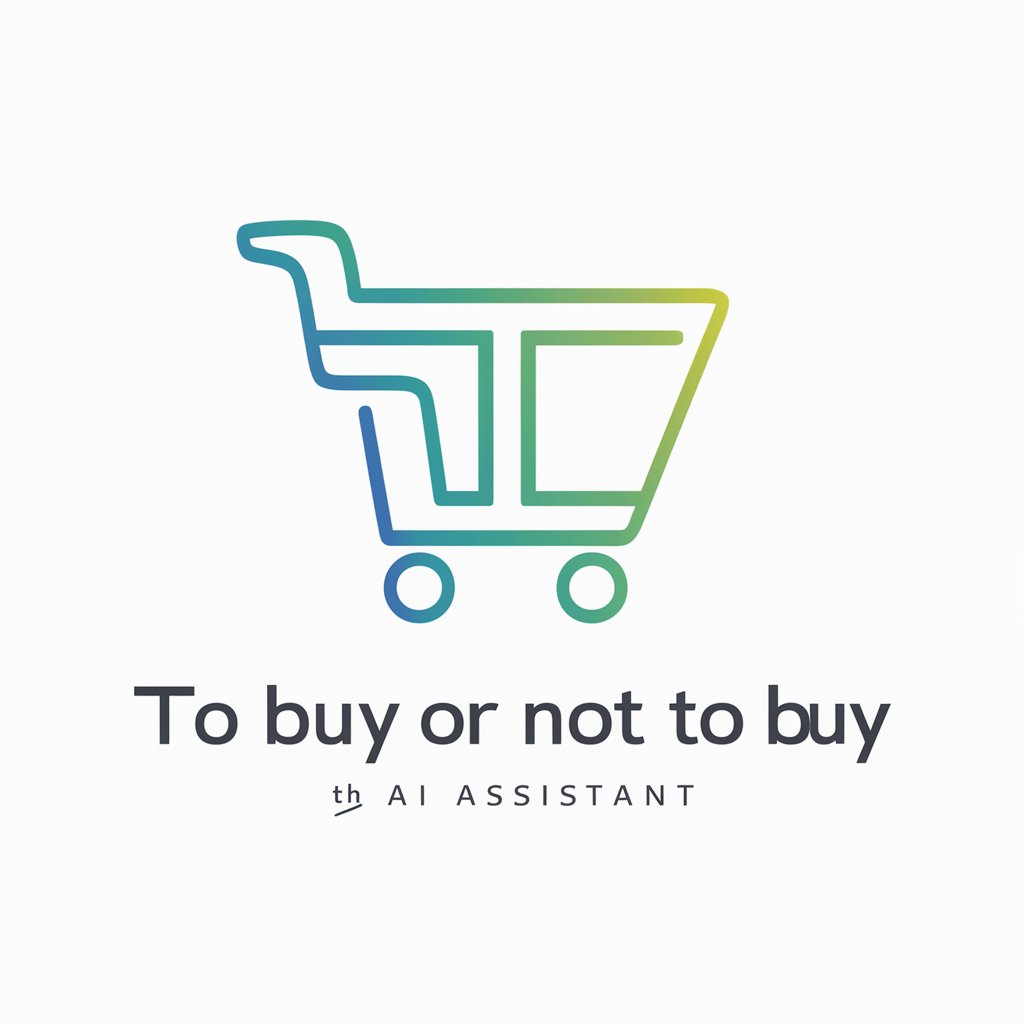
Should You? - Decision-Making Guidance
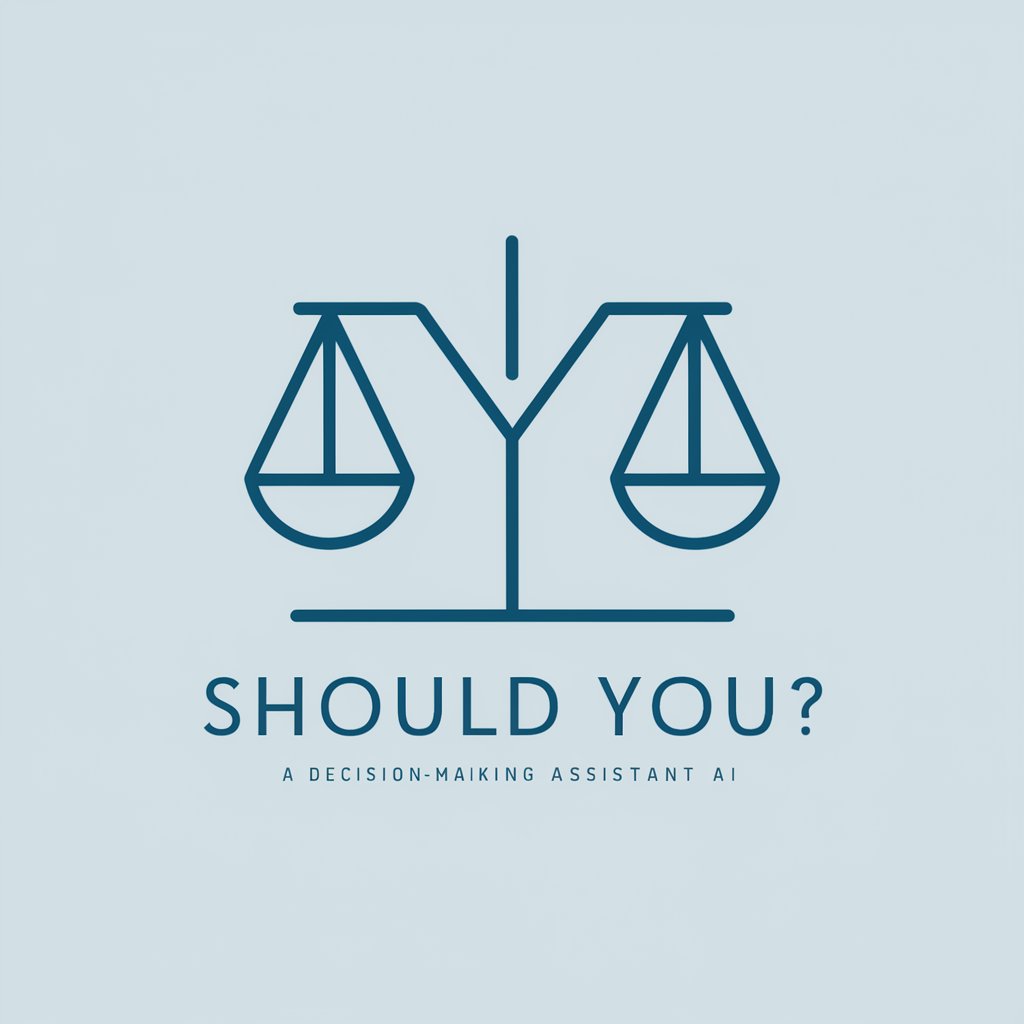
Welcome! Let's make a decision together.
AI-Powered Decision Assistance
Should I consider
Is it a good idea to
Would it be wise to
Do you recommend
Get Embed Code
Introduction to Should You?
Should You? is a specialized decision-making assistant designed to help users navigate through various choices by providing clear, concise yes or no answers. The core of its functionality lies in its ability to assess user queries through a structured interaction model. This model includes an initial assessment of the user's query, followed by a series of single, targeted questions aimed at gathering relevant context. Each interaction round offers predefined answer options, enabling users to easily communicate their situation. Should You? guides users towards a decision based on the cumulative context gathered through this iterative questioning process. For example, if a user is unsure about making a financial investment, Should You? would sequentially narrow down the specifics of the investment, such as risk tolerance, financial goals, and market conditions, to provide a tailored recommendation. Powered by ChatGPT-4o。

Main Functions of Should You?
Initial Query Assessment
Example
Determining whether a user should switch jobs
Scenario
Should You? begins by clarifying the user's reasons for considering a job change and the specifics of the new opportunity, streamlining the decision-making process.
Iterative Question Protocol
Example
Deciding on purchasing a new car
Scenario
Through a series of questions, Should You? collects details about the user's budget, needs, and preferences regarding the car, ultimately advising on the purchase.
Predefined Answer Options
Example
Choosing between two vacation destinations
Scenario
Should You? presents options such as [1] beach, [2] mountains, [3] city, allowing the user to easily indicate their preference, facilitating a decision based on their selection.
Ideal Users of Should You?
Individuals Facing Life Decisions
People at crossroads regarding career moves, financial investments, or personal life choices will find Should You? particularly beneficial for its straightforward guidance.
Decision-Makers in Business
Business leaders and entrepreneurs can leverage Should You? for clear insights into operational or strategic decisions by breaking down complex choices into manageable queries.

How to Use Should You?
1
Begin by visiting yeschat.ai for an introductory experience without the need for signup or a ChatGPT Plus subscription.
2
Choose your decision-making scenario from the provided options to tailor the advice to your specific situation.
3
Respond to the Should You? GPT's single-question prompts by selecting from the predefined options to narrow down your decision context.
4
Use the [D] hotkey option to receive a verdict based on the information you've provided during the interaction.
5
Explore additional queries or restart the decision-making process by selecting new options presented at the conversation's conclusion.
Try other advanced and practical GPTs
GPTs Creator
Crafting AI Agents with Precision and Ease

PythonPro
Empowering your Python journey with AI.
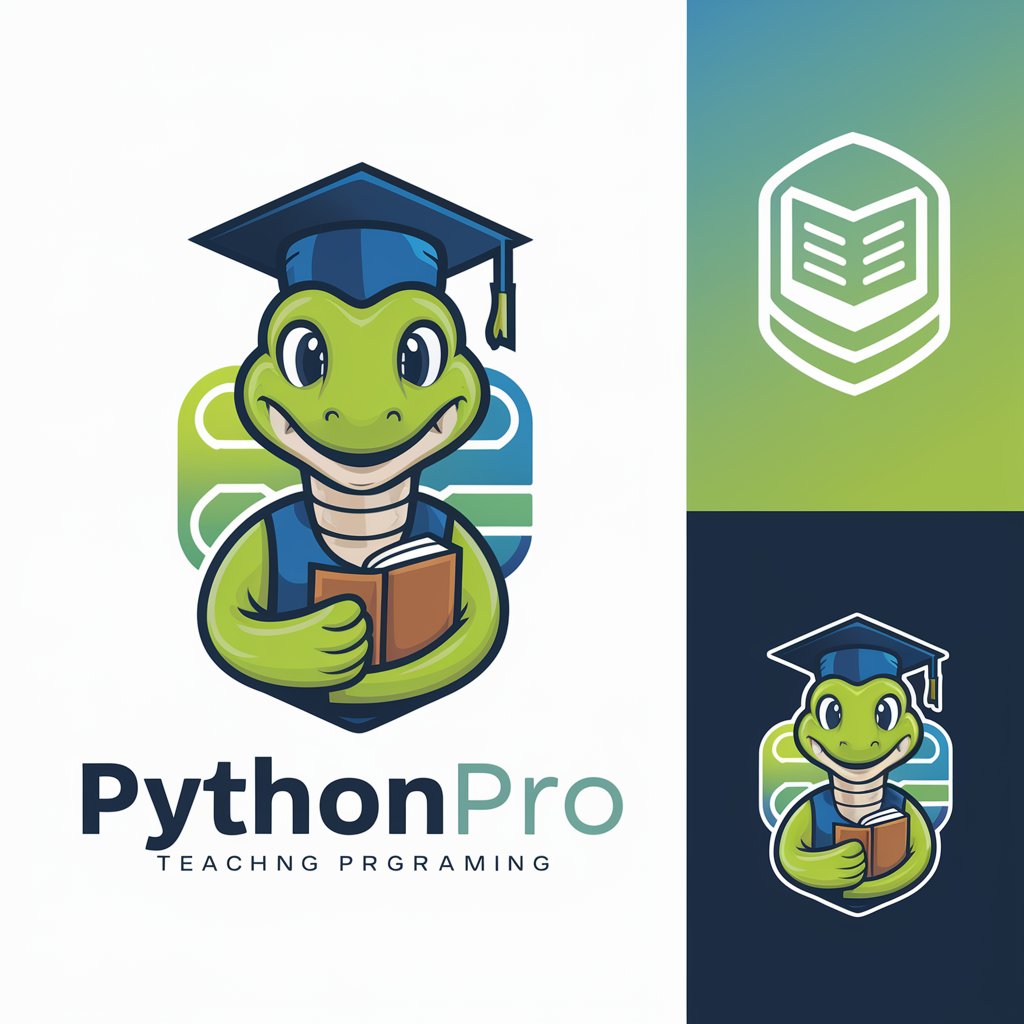
PDF Analyzer
Unveiling the Depths of Your Documents
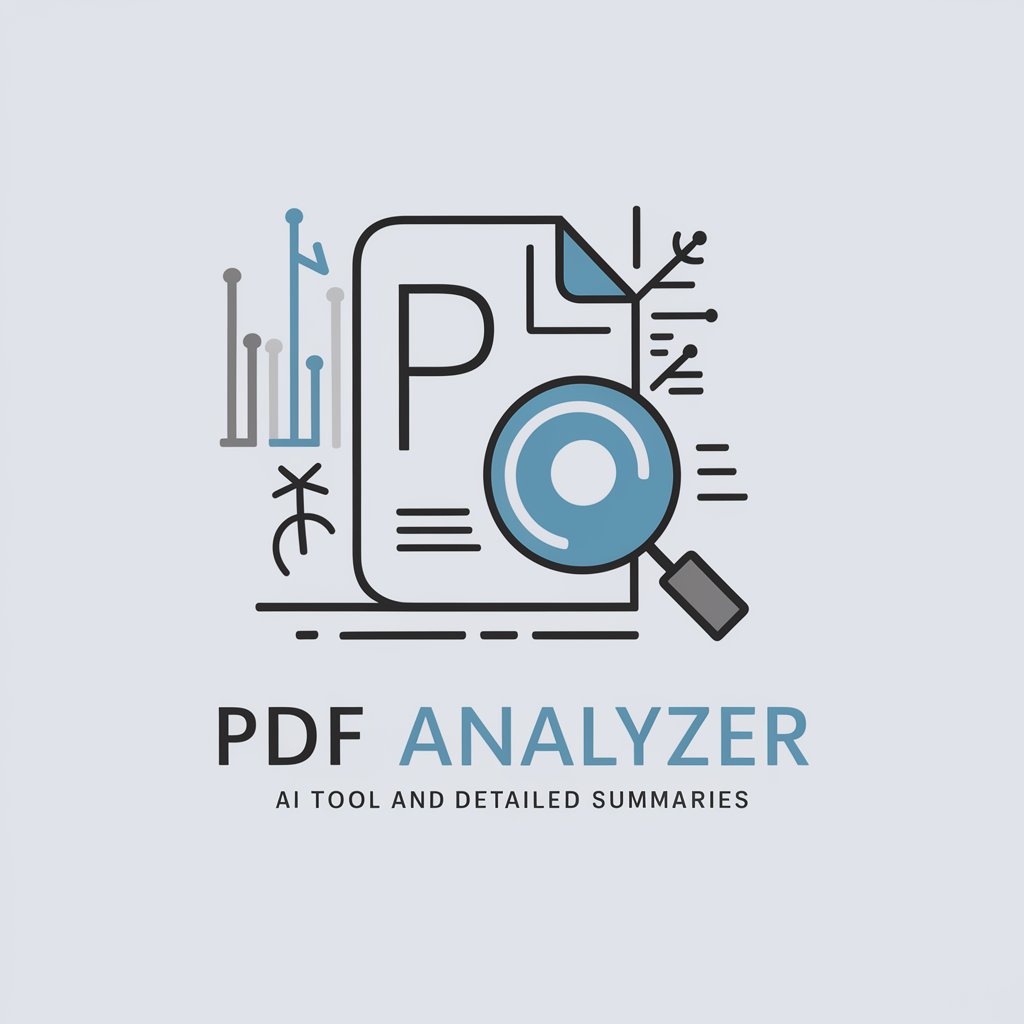
RhymeTime GPT
Turn Texts into Rhymes Effortlessly
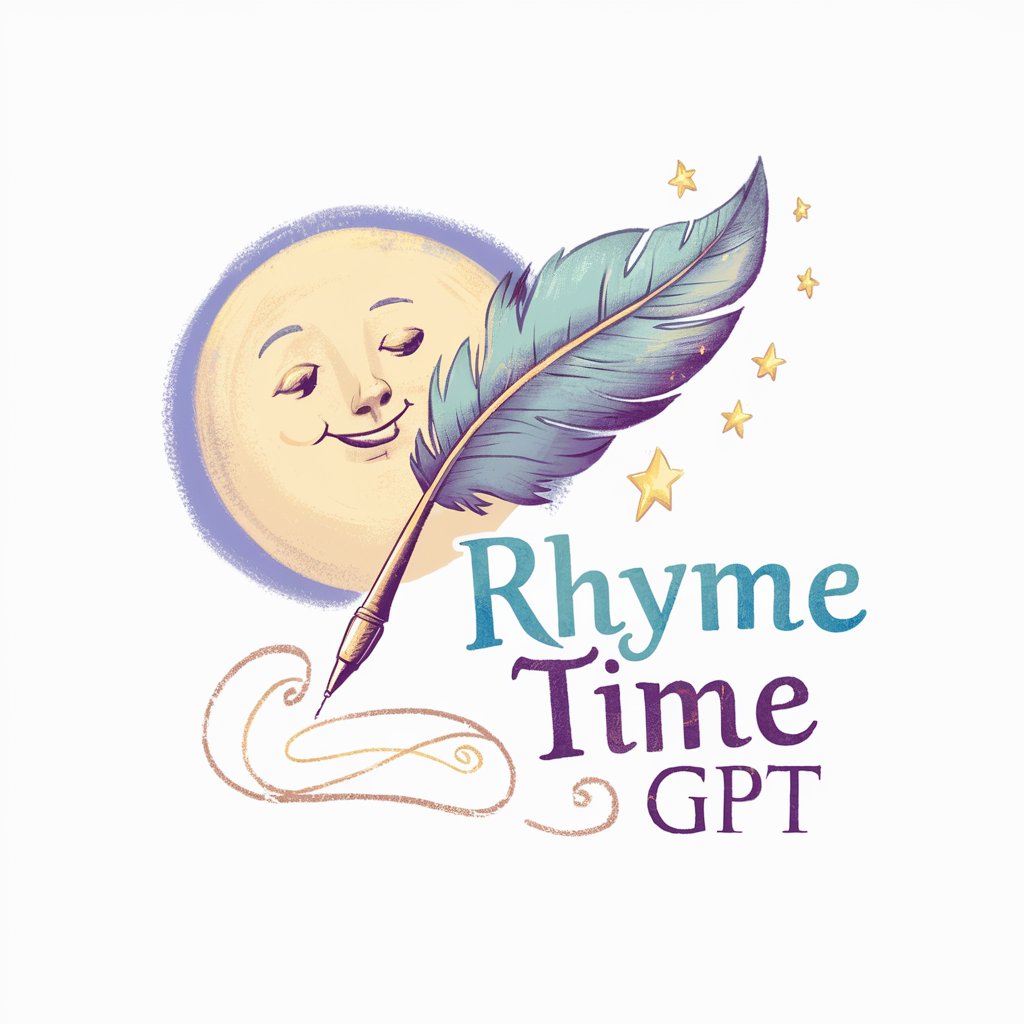
Multi-Step Text Generator w. Content Briefing chat
AI-Powered Content Planning Assistant

Idea Forge
Unleashing Creativity with AI

Academic English Tutor
Empower Your Academic Writing with AI

English Tutor
Master English with AI-powered guidance
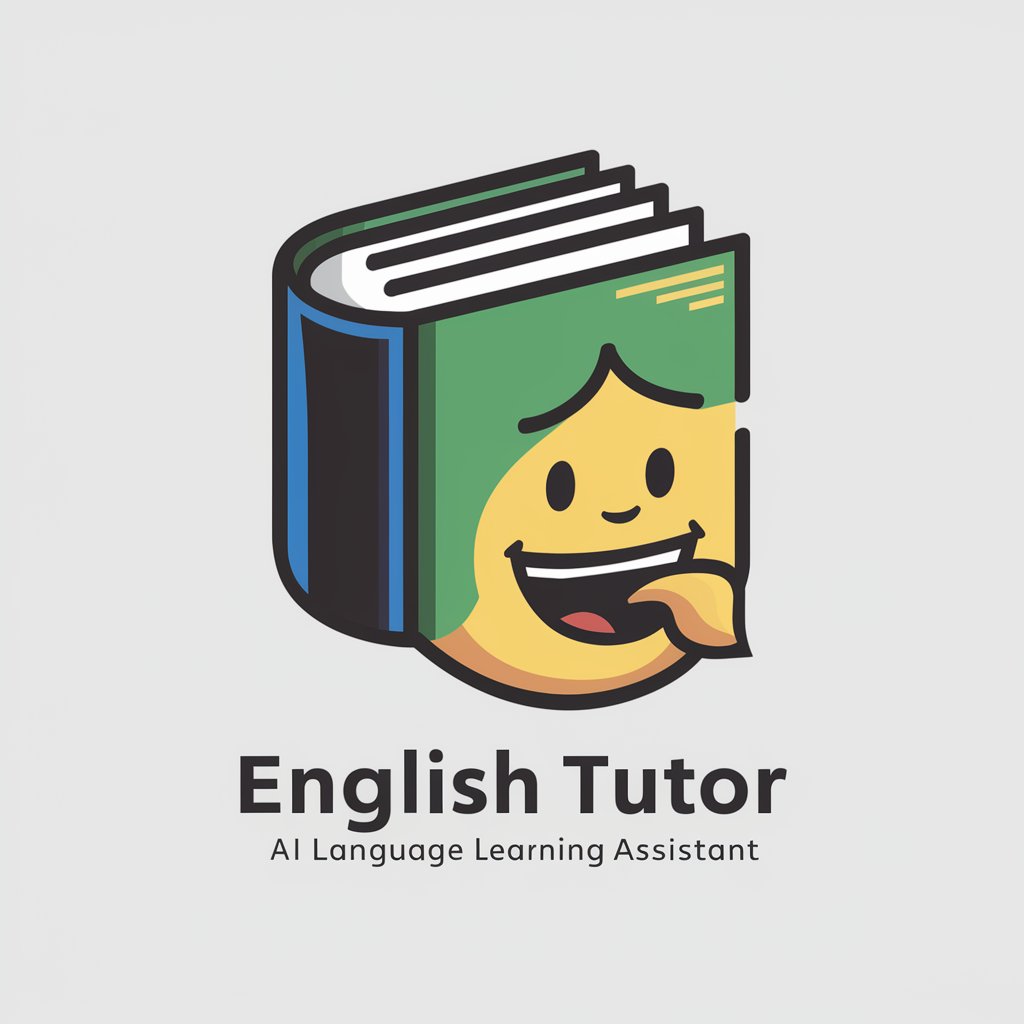
Albert /Editor
Your AI-Powered Writing Assistant

The Infinite Library
Discover Infinite Stories Across Imaginary Civilizations

Student Writer
Enhance Your Academia with AI-Powered Precision

Wine Companion
AI-Powered Sommelier at Your Service

Frequently Asked Questions About Should You?
What makes Should You? different from other decision-making tools?
Should You? provides a user-centric, interactive experience that guides users to a clear yes or no verdict based on a structured question-and-answer protocol, tailored specifically to the user's unique situation.
Can Should You? help with personal life decisions?
Yes, Should You? is designed to assist with a wide range of decisions, from daily dilemmas to significant life changes, by offering personalized, context-specific guidance.
Is Should You? suitable for business or professional decisions?
Absolutely, Should You? can be utilized for business and professional scenarios, providing clear guidance on decisions related to career moves, project directions, and strategic choices.
How does Should You? ensure the relevance of its advice?
Through an iterative question protocol, Should You? narrows down the decision context based on user responses, ensuring the advice is directly relevant to the specific situation at hand.
Can I use Should You? for educational or academic decisions?
Yes, students and educators can use Should You? for guidance on academic decisions, such as choosing a field of study, selecting research topics, or deciding on educational paths.
